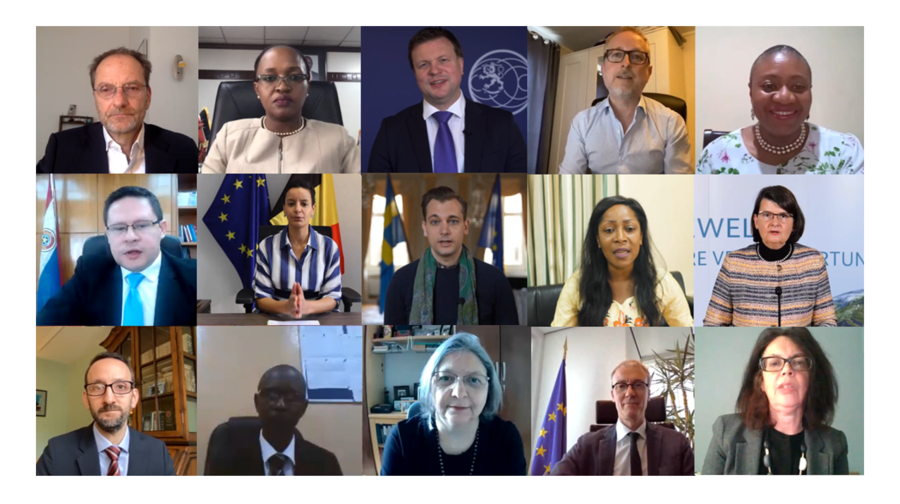
Finland
Doubling support to DRM in partner countries
Finland’s portfolio in the field of domestic revenue mobilisation consists of different funding to partners, such as the African Tax Administration Forum (ATAF), the Tax Inspectors Without Borders (TIWB), or the OECD project “BEPS and developing countries”. Additionally, Finland is implementing certain projects that have a partial or indirect impact to domestic revenue mobilisation and that are not reported to the Addis Tax Initiative.
Finland is still very committed to the objective of doubling its support to domestic revenue mobilisation by 2020. Due to financial constraints (general cuts to development assistance) and the slow start of some programmes and projects, it has taken more time than originally planned to reach ATI Commitment 1.
No specific changes in the Finnish policy have been recorded, as the Tax and Development Action Plan is valid for the years 2016-2019. However, regarding the implementation, it is worth mentioning that the Finnish Tax Administration has started its first Institutional Cooperation Instrument (ICI) project in Tanzania in 2018. The ICI instrument is a bilateral instrument, through which Finnish government agencies and public bodies (including the tax administration) are able to participate in bilateral development cooperation and capacity building efforts and give technical assistance to a partner country agency’s counterpart.
The membership in the Addis Tax Initiative and the corresponding financial commitment made in 2015 have been instrumental in keeping the topic high on the government and ministry’s agenda, in particular during financial discussions and budget negotiations.
Policy coherence for development and outlook
Foreign policy and development cooperation issues are part of policy coherence for development. Finland’s Tax and Development Action Plan 2016-2019 has helped to increase the attention paid to domestic revenue mobilisation in the Finnish development cooperation. The strong inter-governmental coordination system is led by the Prime Minister’s Office. Policy coherence for development is an integral part of the government’s broader efforts to implement the 2030 Agenda for Sustainable Development.
Finland is very committed to doubling its DRM support by 2020. In comparison to 2017 and 2018, the planned figures for 2019 and 2020 show a substantial increase , in particular regarding bilateral support to African countries (Somalia, Tanzania, Mozambique). Additionally, new multilateral funding is under consideration and the support to multilateral partners such as the United Nations or the United Nations Development Programme (UNDP) will continue.
